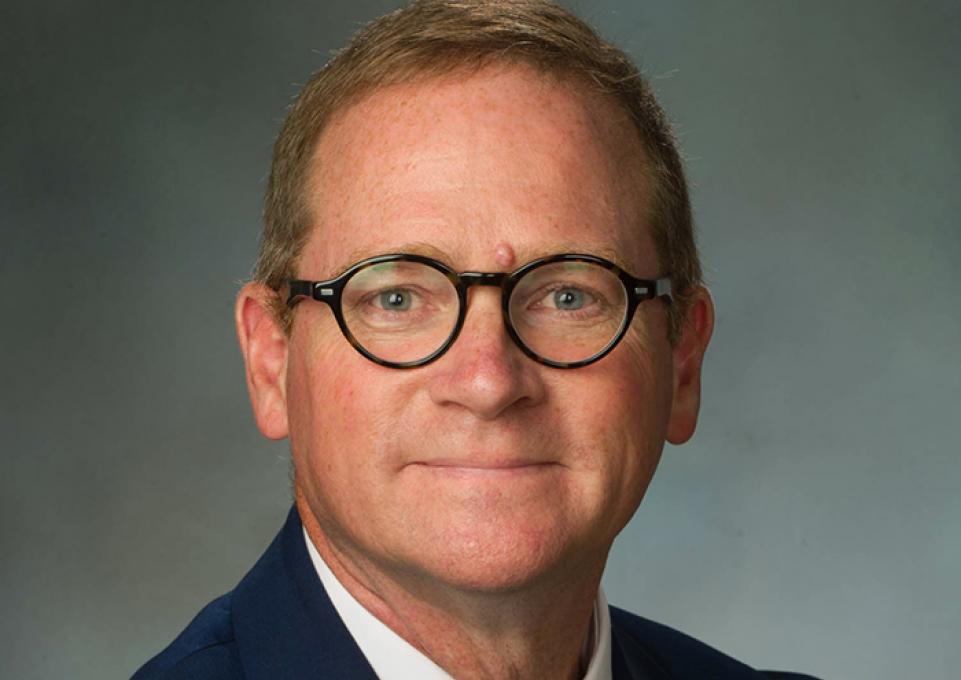
With the nomination of Brett Kavanaugh to the United States Supreme Court set to move forward in the Senate, the makeup of the court is set to change for the second time in President Donald Trump’s first term in office.
We sat down with Peter Yacobucci, associate professor of political science and an expert on the Supreme Court, to discuss the nomination, Kavanaugh’s judicial record, and the implications of having him on the nation’s highest court.
Over the course of his career, Yacobucci, who’s been at Buffalo State since 2010, has written several journal articles on the Supreme Court, as well as given presentations including “What Happened to the Liberals? The Growing Moderation of the Supreme Court Left” and “Common Theory Leads to Uncommon Justice: How the U.S. Supreme Court has Lost Touch with the Common Man.”
While there has been some consternation over the pick, Kavanaugh could also have been nominated if a more establishment conservative, like George W. Bush or Ronald Reagan, were still president, Yacobucci said.
“Assuming Kavanaugh gets on the court, it moves the center position of the court pretty significantly to the right,” he said. “If the conservative legal community could pick someone, this is who they’d pick.”
The probability of having another conservative justice on the court could impact society at both national and local levels, Yacobucci said.
“Kavanaugh comes out of a jurisprudence that believes that the federal government is very limited on how it can regulate private sector economy activity and protect the civil rights of individuals,” he said. “He believes that agencies are very limited in how they can interpret the authority granted to them by Congress."
This limitation of administrative discretion for agencies means environmental regulations, worker safety regulations, public education, and healthcare regulations could all be drawn back and reduced, Yacobucci said. In addition, he predicts civil protections for discrete groups in society could also be affected as challenges to existing precedent are presented to the court.
Kavanaugh currently serves as a judge of the United States Court of Appeals for the District of Columbia Circuit. His nomination spurred protests from progressives, although with Republican control of the U.S. Senate, it’ll be hard to stop his confirmation, Yacobucci said. Confirmation hearings began last week.
